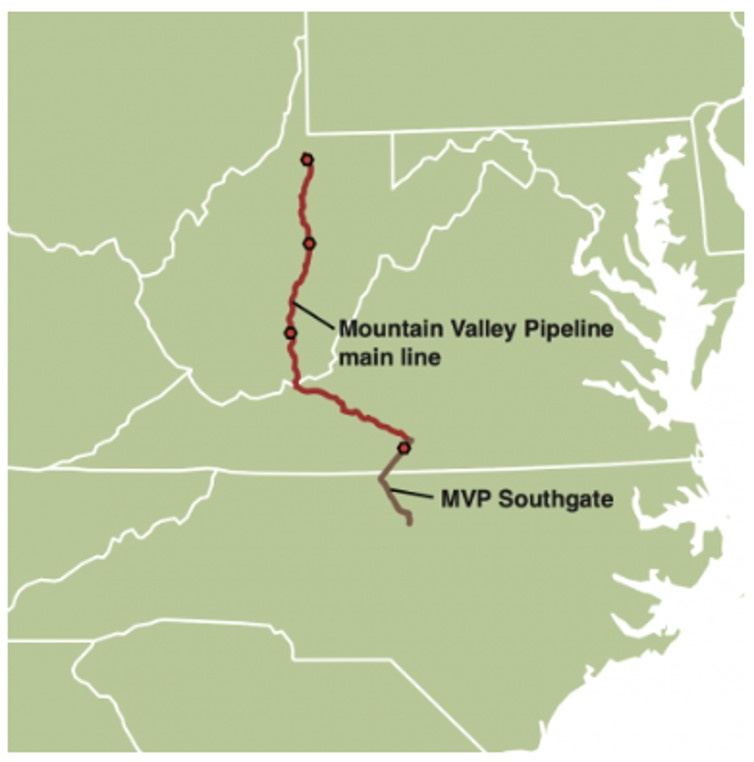The Good, The Bad, and The Ugly of the energy provisions in the debt ceiling bill
Last week, I highlighted The Good and The Bad provisions of the debt ceiling compromise. Today, I’ll highlight The Ugly provisions pertaining to energy.
The Ugly: Pipeline approvals by an act of Congress
The final debt ceiling compromise signed into law by President Biden includes the approval of the Mountain Valley Pipeline (MVP). This 303-mile pipeline would deliver natural gas from West Virginia to North Carolina.

Gaining approval of the MVP was a major victory for West Virginia Senator Joe Manchin and the natural gas industry in the Mountain State, which has not been able to produce more gas due to pipeline bottlenecks. Federal data show there have been effectively zero new natural gas pipelines out of the Appalachian region since 2018.

Approving this pipeline is good for West Virginia, and it is good for the states that will receive the natural gas. However, the approval of the pipeline ends up in “The Ugly” category because its shows how broken our normal pipeline approval system under the Federal Energy Regulatory Commission (FERC) has become.
For example, new interstate natural gas pipeline mileage in 2022 was the lowest of any year since the early 1990s, even though the United States is the world’s largest natural gas producer.

One reason pipeline approvals have been caught in a quagmire is because Biden-administration-appointees on FERC announced they would require projects to evaluate their greenhouse gas emissions to obtain permits.
FERC also said they could require pipeline operators to mitigate those emissions, and if the mitigations would not meet FERC’s standards, they could deny the permits to the pipeline altogether.
FERC Commissioner James Danly was deeply critical of the new regulations, stating that they will have a profound impact on pipelines’ ability to secure capital, the timelines for processing applications, and the costs a pipeline and its customers will bear as a result of unmeasurable mitigation expected in each application.
Sadly, the debt ceiling bill’s approval of MVP did nothing to fix the growing systemic problems causing a backlog of proposed pipeline projects throughout the country. True permitting reform must occur if the U.S. is to capitalize further on its wealth of natural gas.